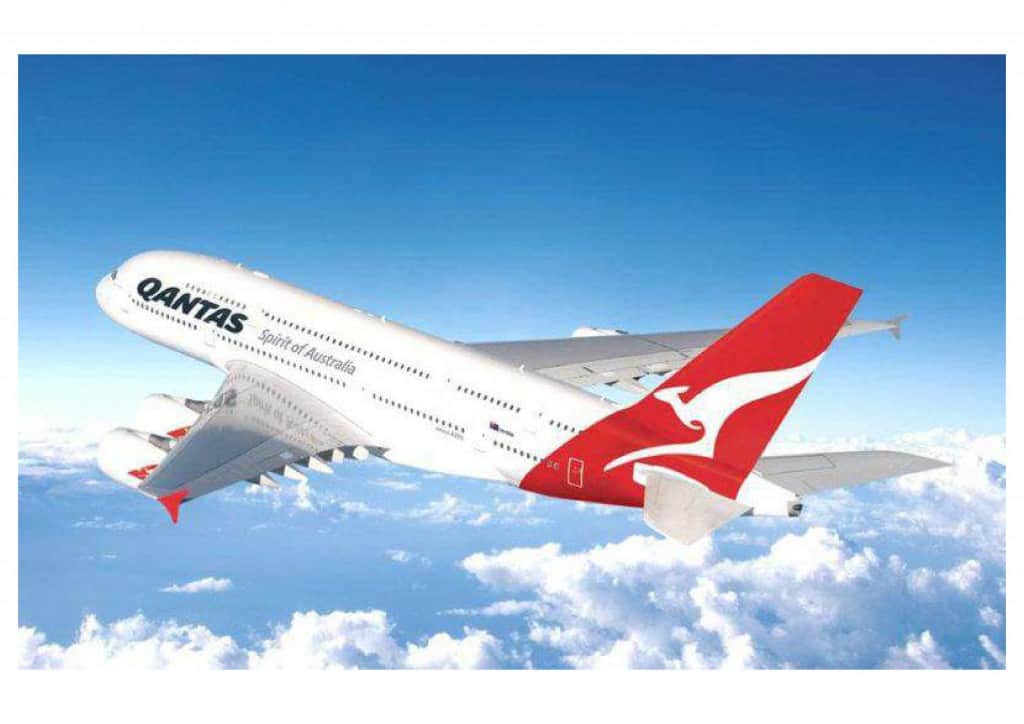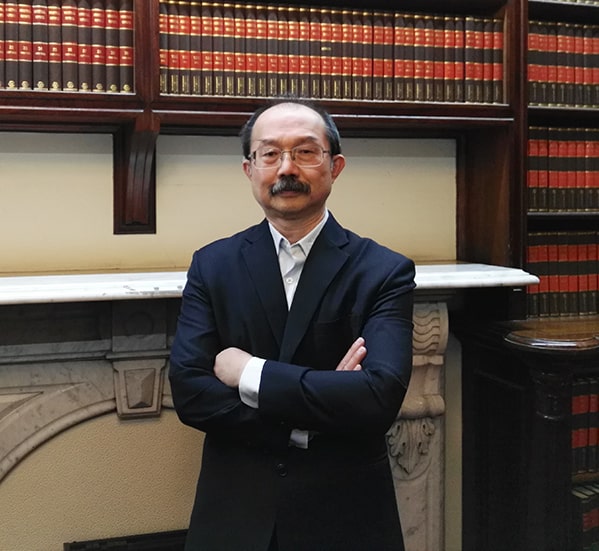
If a child is born on plane & ship, which is the child’s country of birth?
A child born on plane & ship is taken to have been born at the country where the plane or ship is registered.
If a pregnant Chinese lady is flying from Shanghai to Melbourne on a Qantas flight and suddenly give birth 1 hour into her flight, her newborn child is considered to be born in Australia.
If a child is born on a Qantas flight, does the child acquire Australian citizenship? No, the child does not acquire Australian citizen unless 1 of the parents is an Australian citizen or permanent resident. If at least 1 of the child’s parent is an Australian citizen or permanent resident, the child acquires Australian citizenship by birth.
Birthright Citizenship for children born on Plane & Ship
If a child is born on plane & ship registered in the USA or Canada, the child would acquire birthright citizenship. The child may acquire American or Canadian citizenship. This is commonly known as birthright citizenship.
Birthright citizenship or the principle of acquiring citizenship by being born in a country is known as jus soli or “the right of soil”.
Most countries in the world (195 countries) have abolished or introduced a restriction on the right of soil. For example, Australia, France, Germany, Ireland, NZ, Spain and the UK require at least 1 of the child’s parents to have citizenship or permanent residency of that country for the child to acquire citizenship by birth or descent. In Australia, section 12 of the Australian Citizenship Act 2007 ended the birthright to Australia citizenship ended on 19 August 1986. From 20 August 1986, children born in Australia are only Australian citizen by birth if at least one of the child’s parents was an Australian citizen or permanent resident. You should also be aware that the Department of Immigration (Department of Home Affairs) may request the child and both parents to provide DNA evidence of the child’s parentage when applying for evidence or certificate of citizenship. If DNA testing is not provided, the Department may accept alternative social evidence which may include personal, hospital, social work and government records linking the child to his/her parents. Having an Australian birth certificate is not conclusive proof that the child is an Australian citizen. In some instances, even if the child has been issued with an Australian passport or was previously issued with an Australian citizenship certificate the Department may still cancel the child’s Australian citizenship and passport if the Department is not satisfied that at least one of the child parents was an Australian citizen or permanent resident at the time of birth.
In countries where the right of soil is still available, the child may acquire citizenship of the country where they were born, but their parents will not acquire permanent residency or citizenship simply because their child was born in that country.
You should also be aware that your home country may not permit your child to become a citizen of more than 1 country. This may cause numerous problems for you and your child if your child live in the country of birth or both of you live in your home country.
Australian migration law and Citizen law are complex and difficult to understand, contact our immigration lawyer for a consultation (fee applies) regarding your child’s rights (click here to learn what an immigration lawyer or registered migration agent can do for you) or click here to learn more. You may also refer to our FAQs for answers regarding visa application or visa cancellation by clicking here.


041 222 4020 Or Wechat: AUDvisa
This article is not intended to be or taken as migration legal advice. The author of this article disclaims any liability for any action or omission on the information provided or not provided in this article. You should always consult an immigration lawyer or a registered migration agent to form an informed opinion on your immigration matter.



